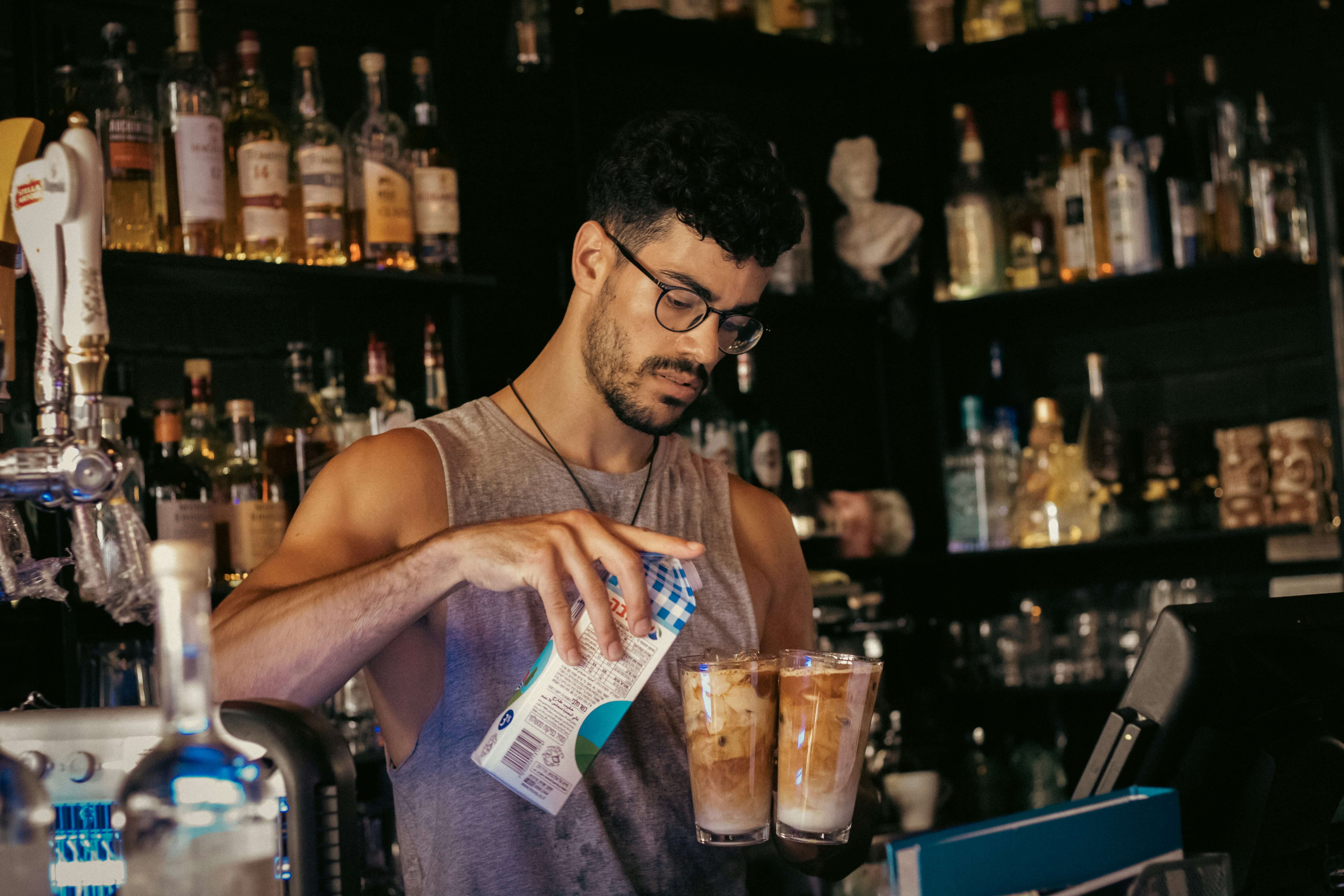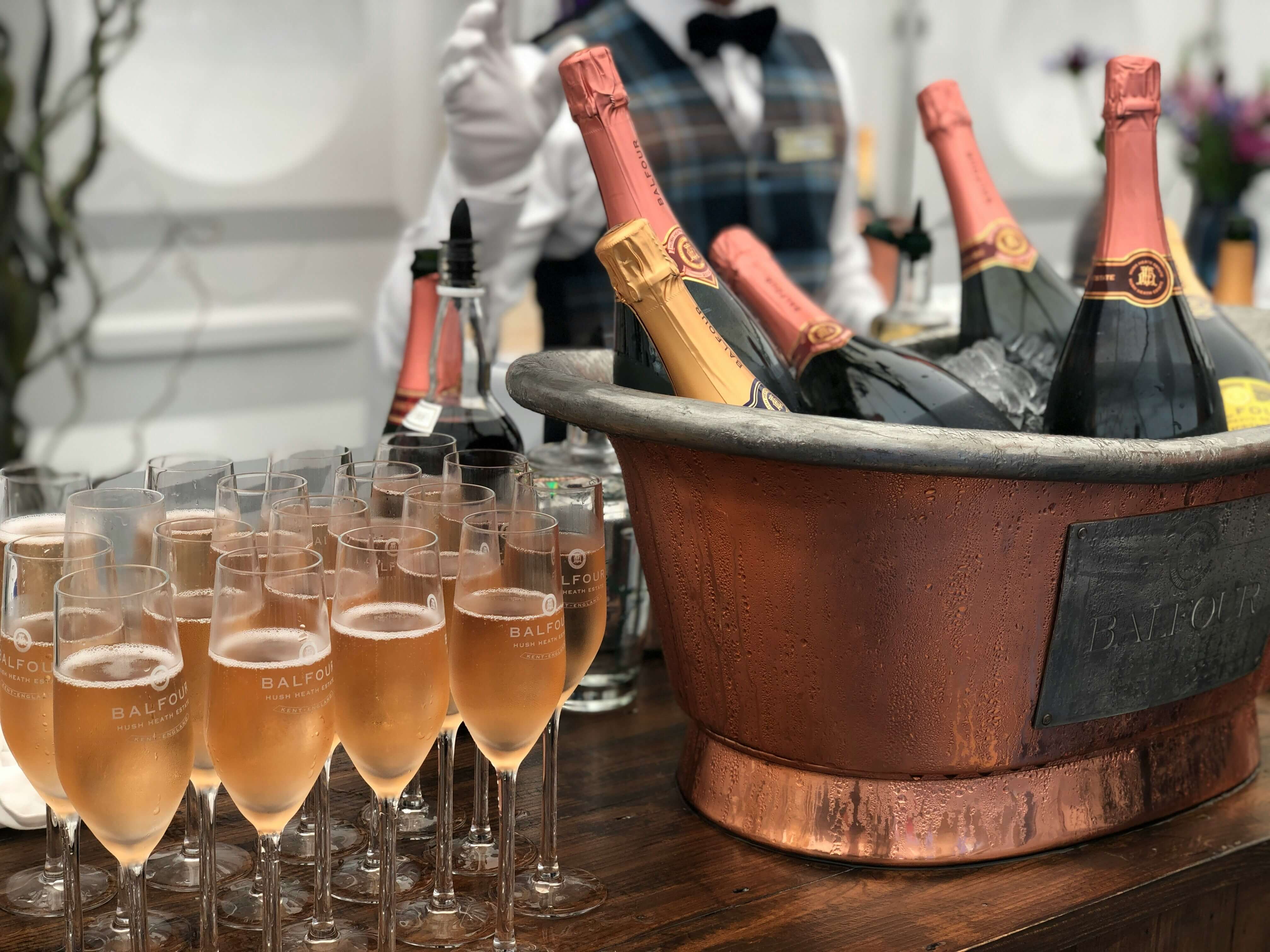Guide to alcohol licences for hospitality
Learn how to obtain an alcohol licence. Discover the different types of licences, understand legal obligations, and follow the right steps to become a DPS.
Whether you’re opening your very first pub, expanding your restaurant to a second site, or simply thinking about hosting an event where alcohol will be served – getting the right licence in place is essential. Navigating the world of alcohol licensing might sound complicated at first, but with the right guidance, it doesn’t have to be.
This guide will cover the following:
- What is an alcohol licence?
- Why alcohol licences are required
- Who needs an alcohol licence?
- Types of alcohol licences
- Considerations for growing businesses
- Steps to obtain an alcohol licence
- Designated Premises Supervisor (DPS)
- Local council applications
- Responsibilities and legal obligations
- How Dojo can help
- FAQs
Licensing 101: What is an alcohol licence?
An alcohol licence in the UK is a legal permit that allows businesses to sell or supply alcohol to the public. It's a must for places like pubs, bars, restaurants, and any other type of business that serves alcohol, including hotels, nightclubs, event venues, and select retail shops.
The legal lowdown: Why are alcohol licences required?
Alcohol licences are key to keeping the sale and consumption of alcohol safe and well-regulated, which helps ensure the community's well-being.
Licences for alcohol are intended to help mitigate underage drinking, cut down on alcohol-related crime, and encourage responsible enjoyment. With a licensing system in place, authorities can keep an eye on how alcohol is distributed, ensuring businesses stick to the necessary standards and guidelines.
Who needs an alcohol licence?
Obtaining a licence for alcohol is standard for a wide range of businesses and activities in the UK. This includes:
- businesses serving alcohol, like pubs, bars, restaurants, and hotels
- those selling alcohol wholesale and distributing it to other businesses
- venues offering regulated entertainment, such as live music, where alcohol is sold
- venues charging a corkage fee for guests bringing their own alcohol.
Variety uncorked: Types of alcohol licences
Alcohol premises licence
A premise licence allows a business to sell alcohol on a specific property, such as a pub, bar, restaurant, or shop.
- How to apply: Submit an application through the local council and provide a detailed plan of the premises.
- Alcohol licence cost: Fees can vary, depending on the size and type of the premises. This usually starts from £100 and increases with the rateable value of the property.
Personal Licence
This licence allows individuals to sell or authorise the sale of alcohol, typically for those managing premises where alcohol is sold.
- How to apply: Complete a personal alcohol licence course, pass a criminal record check, and submit an application to the local council.
- Alcohol licence cost: Estimated to be around £37.
Temporary Event Notices (TENs)
TENs allow the sale of alcohol at temporary events, such as festivals, fairs, or private parties.
- How to apply: Submit a notice to the local council at least ten working days before the event, detailing the event and its management.
- Cost: Each notice costs approximately £21.
Scaling smart: Considerations for growing businesses
As businesses grow – whether a start-up, small business, or a thriving enterprise – they may expand their offerings such as transforming a daytime cafe into an evening bar or restaurant. This means the type of alcohol licencing needs to be updated to fit the new business model. Here are some key considerations:
- Expanding offerings: Moving from a cafe to a bar or restaurant requires updating the premises licence to reflect new opening hours and activities.
- Dual licensing needs: Managing different types of licences becomes a must. For example, a venue might need both a premises licence for regular operations and temporary event notices for special events.
- Staff training: As the business grows, more staff will need personal licences to ensure a licensed individual is always on-site.
- Compliance: Staying on top of licensing regulations and renewals is crucial to avoid fines or disruptions in service.
How to obtain an alcohol licence
To answer the question of how to acquire a liquor licence, find out what type of licence is required (covered above). Applicants will need to complete the necessary training.
Prepare and submit all required documents to the local council for approval. There will be a review period during which local authorities and the public can provide feedback. After this, a decision will be made on the application.
Leadership in licensing: Designated Premises Supervisor (DPS)
Role of DPS
The DPS is responsible for the day-to-day management of licensed premises. They ensure that alcohol is sold responsibly and by the law and are equipped with a liquor licence.
The DPS is the main point of contact for authorities when on-site. Their responsibilities include:
- overseeing staff training
- maintaining order
- ensuring compliance with licensing conditions.
How to become a DPS
- Start by getting a personal licence (via a personal alcohol licence application).
- Attend an accredited training course on responsible alcohol retailing.
- Take and pass a criminal record check.
- Once the proposed DPS has a personal licence, they must fill out the consent form.
- Once qualified, the individual can be nominated as the DPS on a premises licence.
During the application process for the UK bar licence, it’s important to indicate if the change should take immediate effect or at a later date. Once completed, submit this form along with the consent form and the premises licence to the local council – for a fee of £23.
The council will then review the drinks licence UK application and, once approved, will officially name the individual as the DPS.
Approval process: Local council applications for licence to sell alcohol
Finding the right page on the local council's website is key to understanding their specific guidelines and requirements when applying for an alcohol licence UK. Councils may have varying procedures and fees when applying for an alcohol permit or bar licence, so it's a good idea to check their official pages.
Be sure to look over the alcohol licencing application forms, gather all the necessary documents, and note any deadlines to keep the approval process smooth and stress-free.
Responsibilities and legal obligations: Selling alcohol laws UK
Rules for licence holders
- Age verification: Always check ID for anyone who looks under 25 to ensure they are at least 18. Acceptable forms of ID include a passport, driving licence, or a PASS card.
- Legal measurements: Make sure all alcohol is served in legal measures. This means using the correct equipment for serving pints, spirits, and wine to comply with legal serving sizes.
- Mandatory licensing conditions: Follow all specific requirements set by law. This includes displaying the licence prominently, sticking to opening hours, and ensuring no alcohol is sold to intoxicated individuals.
For a detailed guide on alcohol licensing rules and application steps, refer to the official government guidance.
How Dojo can help
Getting your alcohol licence sorted is a big milestone – and a key step in running a smooth, compliant operation. But once that’s ticked off, it’s just as important to think about the tools that keep things running day to day.
Whether you’re opening a new venue or scaling your small business, having fast, reliable card machines makes all the difference when things get busy. With Dojo Go, you can accept card payments easily, and with 99.99% uptime – for payments you can count on.
Looking for more ways to boost your business? Head over to our blog for tips on streamlining operations and attracting more customers to your door.


